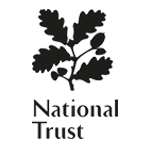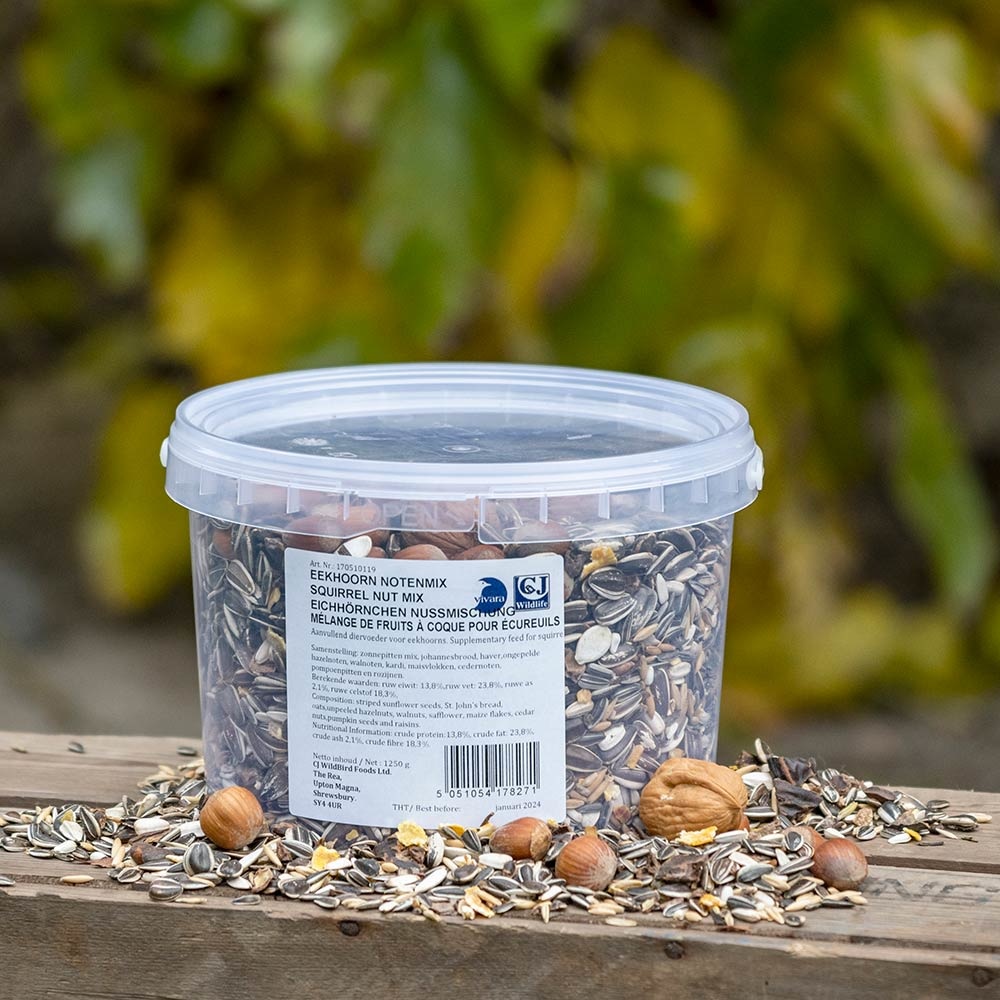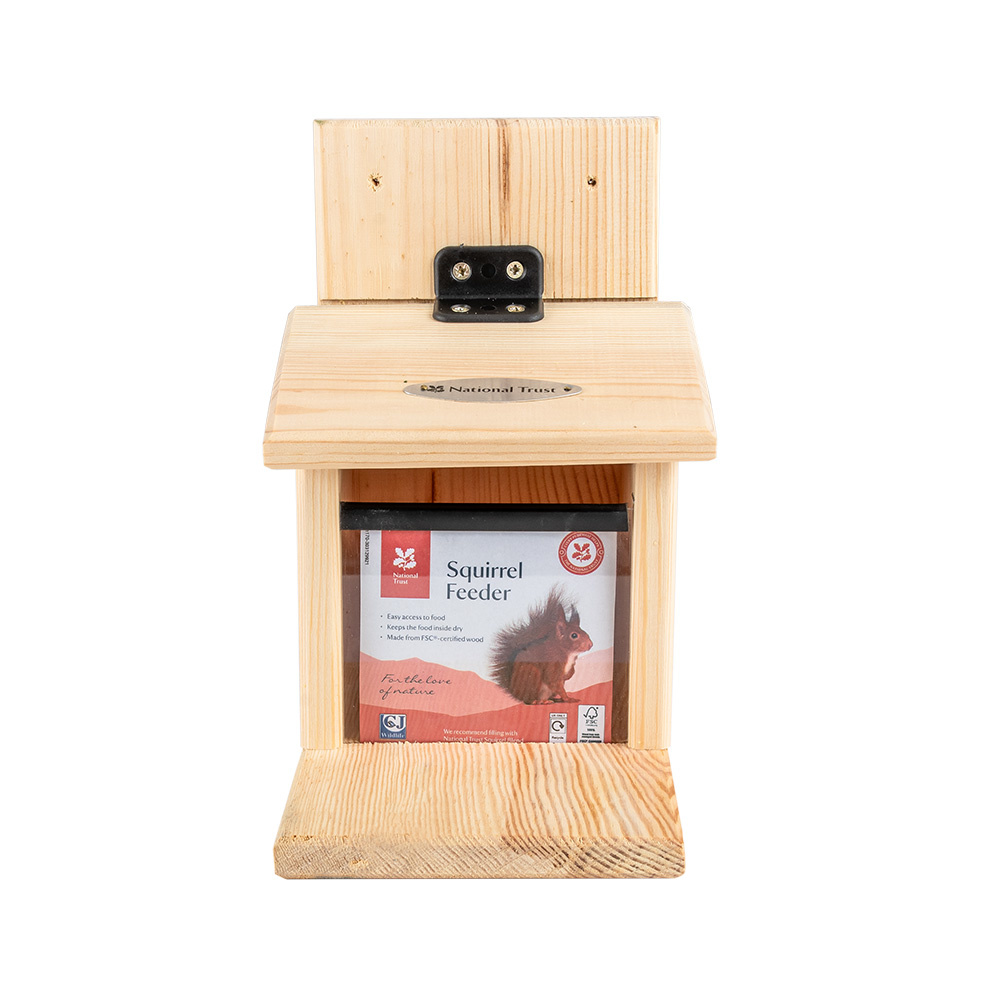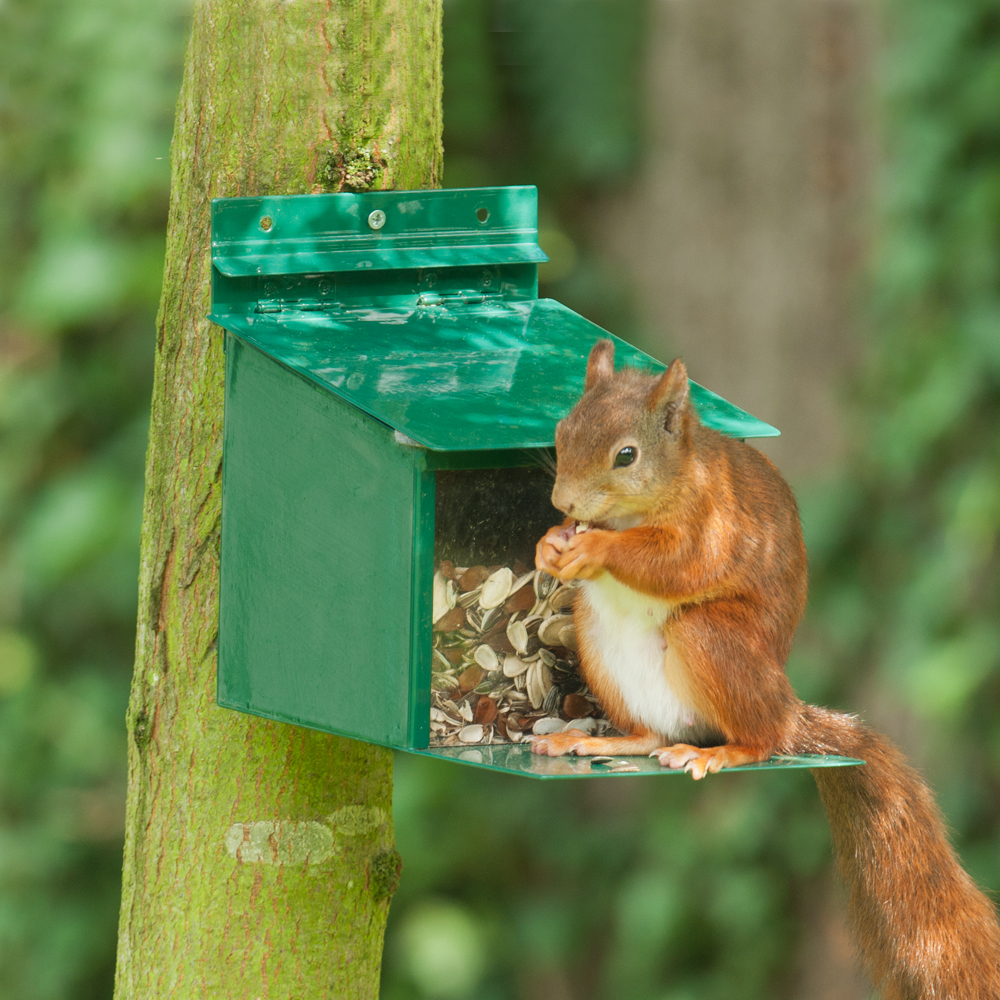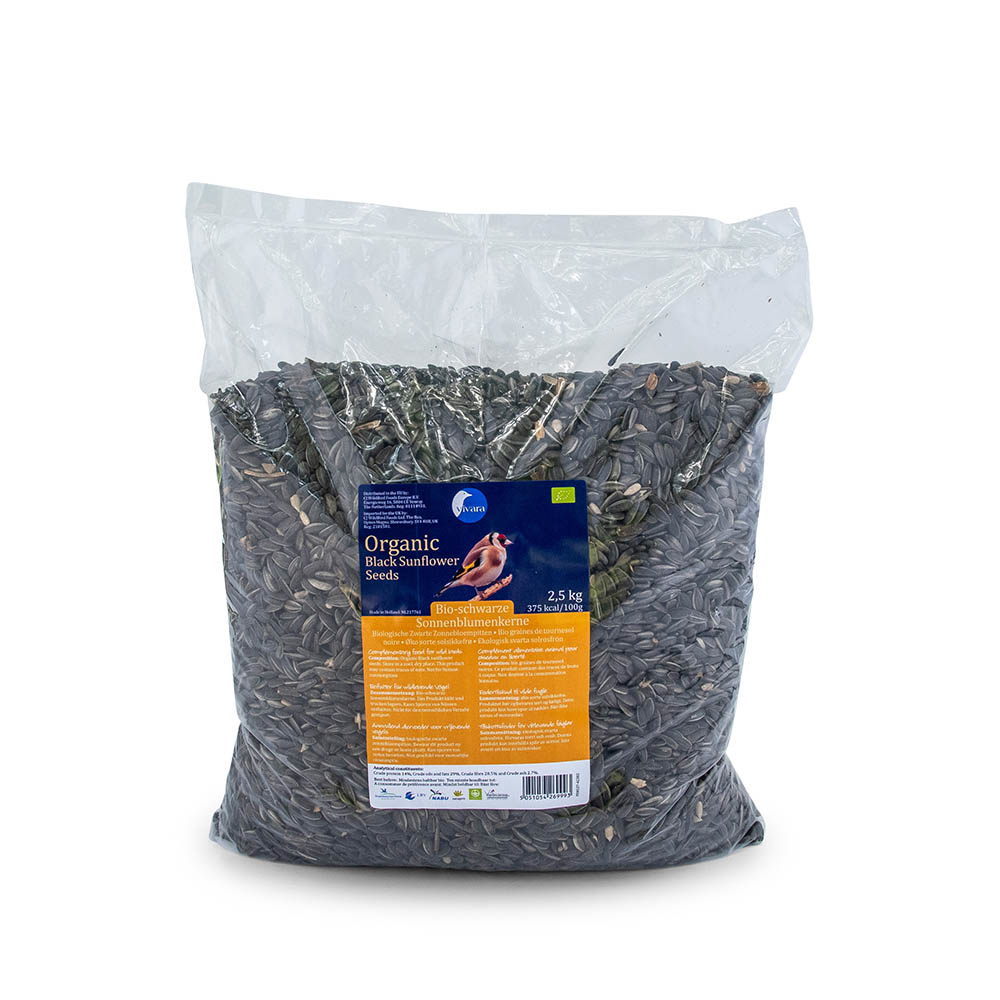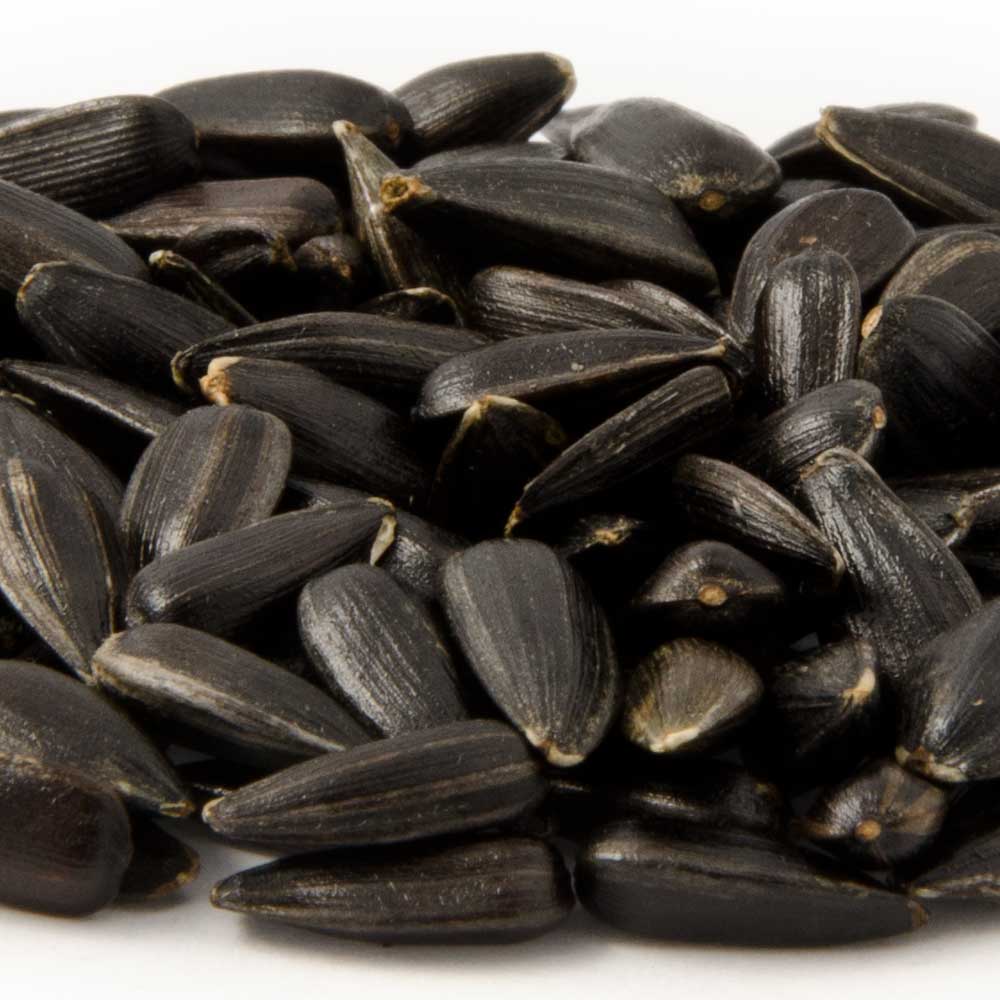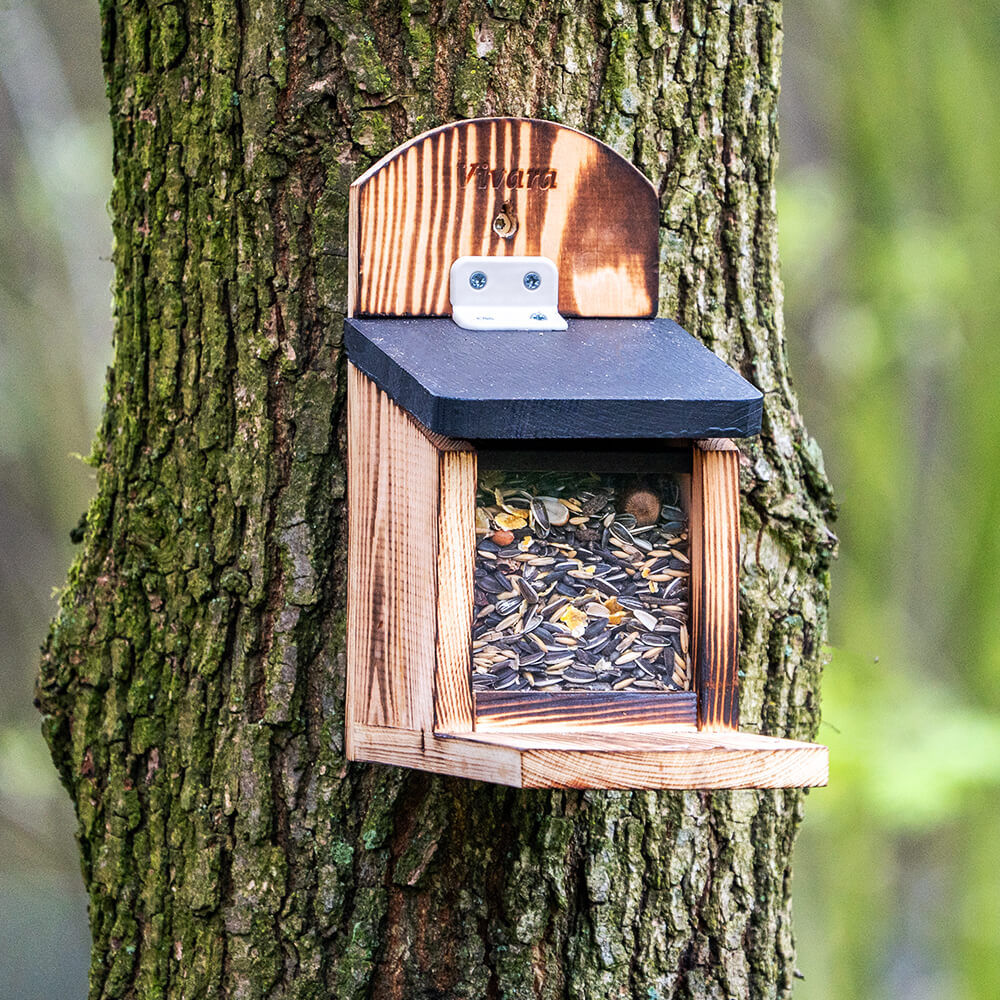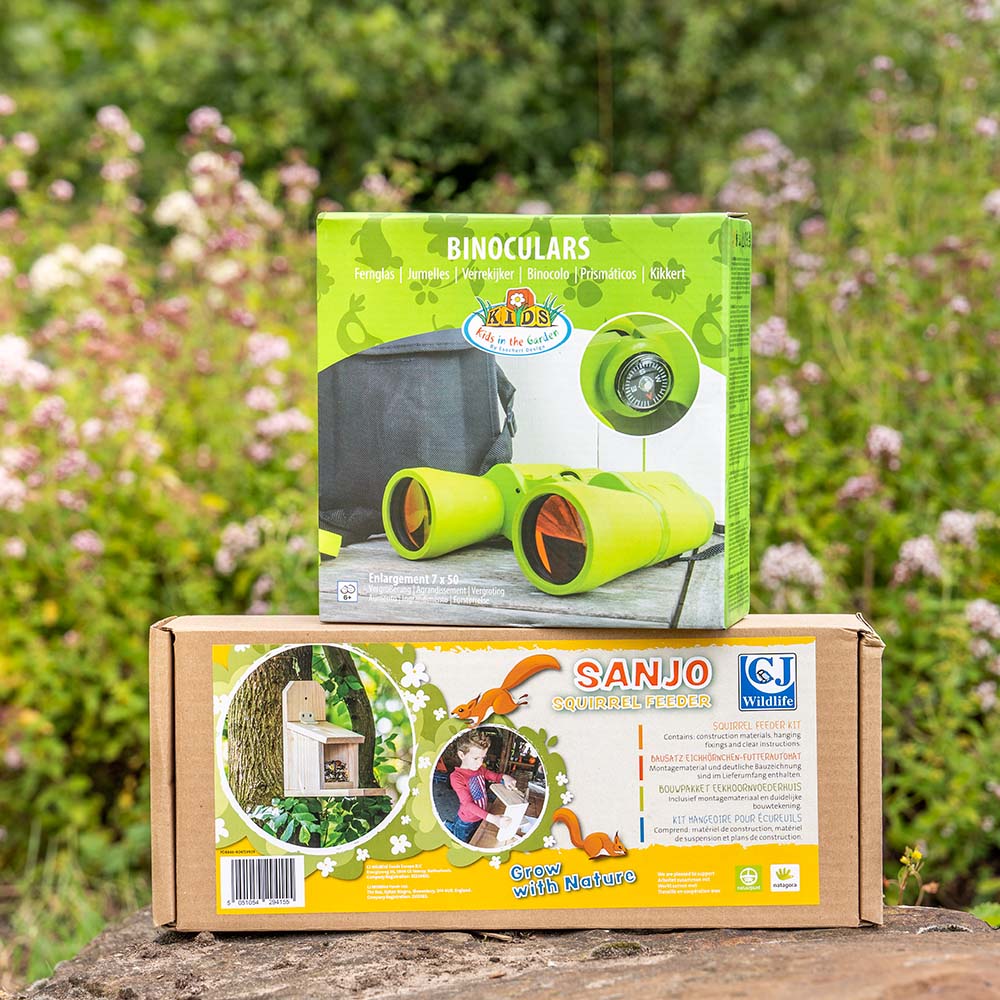Products for Squirrels
Squirrel Feeding in your garden
Squirrels are a vital part of garden wildlife and can be great fun to watch! However, they can also damage or interfere with your bird feeders, which isn’t so enjoyable. One of the simplest solutions is to give squirrels their own supply of squirrel feed. If they have an easily accessible squirrel feeder stocked with squirrel nuts, they are less likely to steal from your bird food – the birds will thank you, we promise!
Not only will this help to keep the peace between birds and squirrels, but it will also keep your squirrels happily fed. Explore our range of squirrel food and feeders to take the first steps towards achieving a more harmonious garden. Once you’re all set up, you can sit back, relax, and watch your garden thrive – lovely.
Hibernation
Here at CJ Wildlife, we are passionate about all garden wildlife, so keeping all visitors well-fed and ready for winter is vital. Autumn is a particularly eventful time for squirrels. Squirrels don't hibernate, but they are only active for a few hours a day during the winter months. The rest of the time, they rest or sleep in their nests. In early autumn, they prepare for winter by eating more food to build up their fat reserves. They also build up food stocks to help them survive the cold winter months by hiding their food in the ground, hollow trees, or tree cracks. Thanks to their good sense of smell, they can often find the food again.

